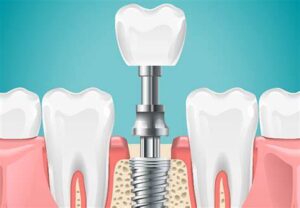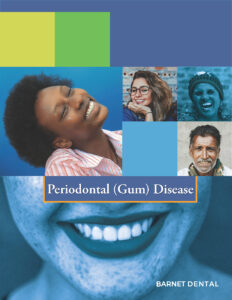What is it?
Mini dental implants (MDIs) are smaller diameter implants used to support dental restorations, such as crowns, bridges, or dentures. They are similar in function to traditional dental implants but have a smaller diameter, typically ranging from 1.8mm to 3.0mm, compared to standard implants which are typically 3.5mm or larger in diameter. Here’s an overview of mini dental implants:
- Indications:
- Mini dental implants are commonly used to stabilize and support removable dental prostheses, such as dentures or overdentures, especially in cases where traditional implants are not feasible due to insufficient bone volume or other anatomical limitations.
- They may also be used to replace single missing teeth in areas with limited space or to support small fixed dental prostheses, such as single-tooth crowns or short-span bridges.
- Placement:
- The placement procedure for mini dental implants is similar to that of traditional implants, involving a surgical procedure to insert the implants into the jawbone.
- Mini implants require less invasive surgery compared to standard implants, as they require smaller incisions and typically involve less bone preparation.
- In some cases, mini implants can be placed using a flapless technique, which further reduces surgical trauma and recovery time.
- Osseointegration:
- After placement, mini dental implants undergo a process called osseointegration, during which they fuse with the surrounding bone tissue to provide stability and support.
- Osseointegration typically takes several months to complete, during which time the implants become firmly anchored in the jawbone.
- Restoration:
- Once osseointegration is complete, mini dental implants can be restored with dental prostheses, such as crowns, bridges, or dentures.
- Specialized attachments or abutments are used to secure the prostheses to the implants, providing stability and retention.
- Advantages:
- Mini dental implants offer several advantages over traditional implants, including:
- Less invasive surgery: Mini implants require smaller incisions and less bone preparation, resulting in reduced surgical trauma and faster recovery.
- Reduced cost: Mini implants are generally more cost-effective than traditional implants, making them a more affordable option for some patients.
- Versatility: Mini implants can be used in a variety of clinical situations, including cases where traditional implants are not feasible due to anatomical limitations or financial constraints.
- Considerations:
- While mini dental implants offer many benefits, they may not be suitable for all patients or clinical situations.
- The smaller diameter of mini implants may result in reduced stability and load-bearing capacity compared to traditional implants, particularly in cases of high bite forces or heavy chewing habits.
- Patient selection and case planning are crucial to the success of mini dental implant treatment, and careful consideration should be given to factors such as bone quality, occlusal forces, and esthetic requirements.
In summary, mini dental implants are smaller diameter implants used to support dental restorations, such as crowns, bridges, or dentures. They offer several advantages over traditional implants, including less invasive surgery, reduced cost, and versatility. However, careful patient selection and case planning are essential to ensure the success of mini dental implant treatment. If you are considering mini dental implants, it’s important to consult with a qualified dental professional to determine the best treatment plan for your individual needs.

